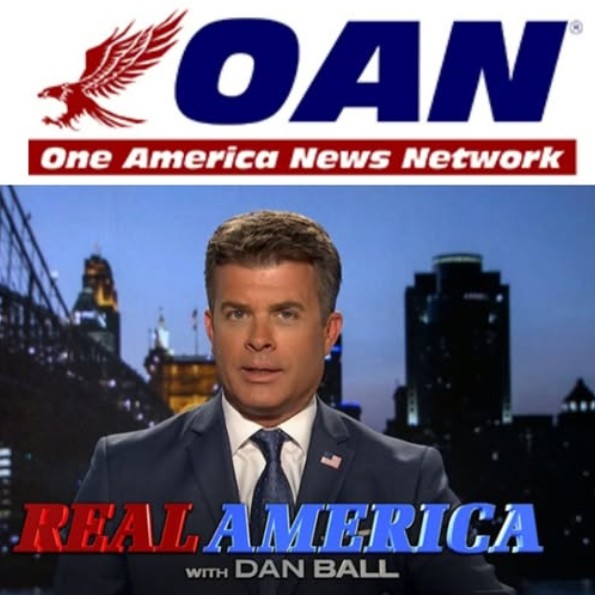Adam Hardage sits down with Dan Ball to talk about Drug Boats off Coast of Venezuela
The interview featured former CIA Operations Officer Adam Hardage and host Dan Ball in a discussion focused on recent U.S. military activity near Venezuela and the broader geopolitical context shaping the region. Hardage provided background on why the waters off the Venezuelan coast have become an area of renewed strategic attention. He explained that Venezuela, long known for its oil reserves, remains an important location for international energy markets despite economic challenges and political instability. The presence of foreign government interests in the country has added a layer of complexity to ongoing regional dynamics.
The conversation explored how Venezuelan oil production, while reduced from peak levels, continues to play a role in global supply chains, particularly in relation to nations that have sought alternative energy arrangements. Hardage noted that longstanding economic relationships between Venezuela and other countries, including China and Russia, influence how diplomatic and security considerations unfold. These ties help shape why multiple global actors have shown interest in maintaining influence in Venezuela’s internal and external affairs.
CIA Not Targeting Fishing Boats
Additionally, the interview addressed U.S. law enforcement and military operations aimed at tracking and intercepting illegal maritime activities. Hardage described how the Caribbean Sea and surrounding routes have historically served as corridors for various forms of smuggling and illicit movement. He stated that monitoring these routes is not new and has been a consistent element of longstanding regional security efforts. According to Hardage, the U.S. military presence in the area should be viewed in the context of routine cooperation with partner nations and established security priorities.
The conversation also touched on the internal political environment in Venezuela and the way domestic developments can have regional effects. Hardage discussed the continued economic and social challenges faced by Venezuelans and how those challenges influence migration patterns to neighboring nations. He suggested that instability within Venezuela has implications for international organizations, humanitarian aid systems, and diplomatic negotiations.
Hardage and Ball also spoke about the role of global competition more broadly. Hardage described how strategic positioning in regions such as South America fits into wider considerations of global influence. He emphasized that national interests, trade commitments, and international partnerships all shape the policies of major governments when it comes to resource access and regional relationships.
The interview highlighted that geopolitical developments are seldom driven by a single factor. Hardage reiterated that multiple overlapping influences — energy, trade, governance, and alliances — all contribute to how events unfold. He stated that it is important to understand these issues in a measured way rather than relying on simplified narratives. The situation surrounding Venezuela is shaped by long-term historical trends as well as current leadership decisions, international diplomacy, and evolving global market conditions.
Hardage also mentioned that technological changes and new economic pressures continue to reshape how governments approach national security and international cooperation. The conversation suggested that strategic calculations in regions like South America are likely to continue evolving over time as global conditions shift. Hardage noted that analysts and policymakers will need to continue monitoring developments carefully.
Throughout the program, both Hardage and Ball emphasized that the subject requires ongoing attention due to the interconnected nature of global political and economic systems. They encouraged viewers to maintain awareness of international developments and to consider how regional events can have wider implications.
In closing, Hardage reinforced the importance of staying informed about global affairs. He underscored that understanding the broader context of U.S. involvement in regions like the Caribbean and South America is essential for interpreting events accurately. The interview framed the situation off the coast of Venezuela as part of a larger set of strategic considerations that involve regional stability, international partnerships, and long-term security interests.
CIA, CIA, CIA, CIA


